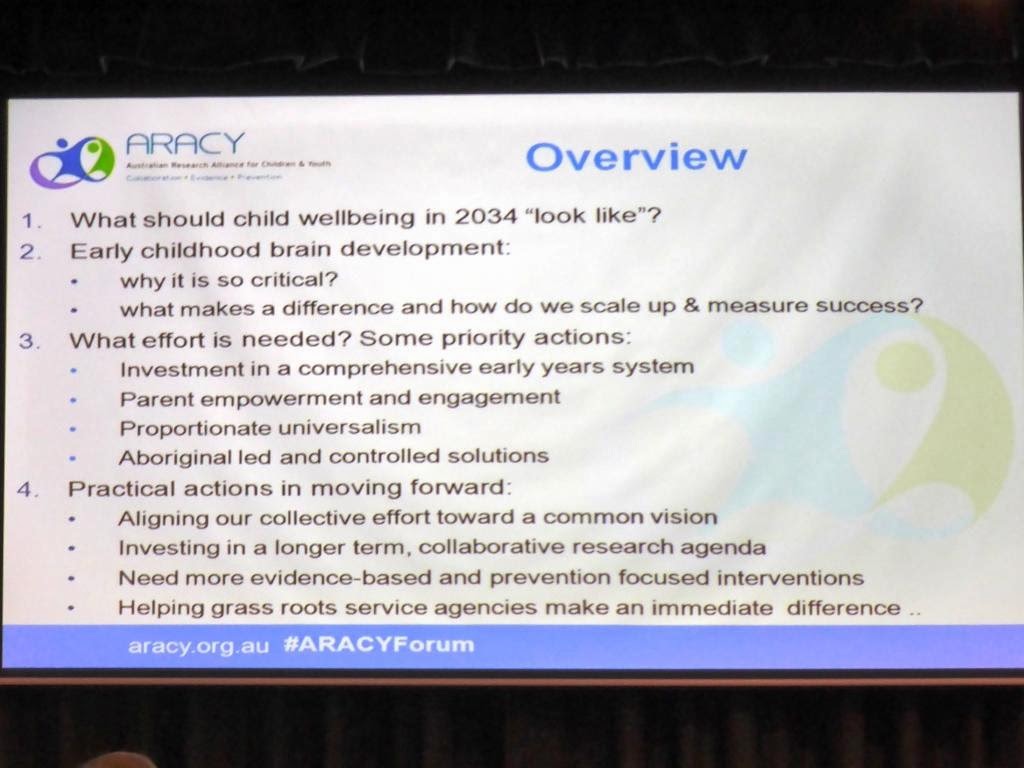The following manuscript has been accepted for publication
:
McLeod, S. & Verdon, S. (in press,
March 2014). A review of 30 speech assessments in 19 languages other than
English. American Journal of
Speech-Language Pathology.
Here is the abstract:
Purpose. To evaluate
instruments designed to assess children’s speech production in languages other
than English.
Results. The 30 instruments
assessed 19 languages: Cantonese, Danish, Finnish, German, Greek, Japanese, Korean,
Maltese-English, Norwegian, Pakistani-heritage languages (Mirpuri, Punjabi,
Urdu), Portuguese, Putonghua (Mandarin), Romanian, Slovenian, Spanish, Swedish,
and Turkish. The majority (70.0%) assessed speech sound production in
monolingual speakers, 20.0% assessed one language of bilingual speakers, and 10.0%
assessed both languages of bilingual speakers. All used single word picture
elicitation. Approximately half (53.3%) were norm-referenced and the number of
children in the normative samples ranged between 145 and 2,568. The remaining
assessments were criterion-referenced (50.0%) (one fitted both categories). The
assessments with English manuals met many of the psychometric criteria for
operationalization; however, only two provided sensitivity and specificity
data.
Conclusions. Despite the
varying countries of origin, there were many similarities between speech
assessments in languages other than English. Few were designed for use with
multilingual children so validation is required for use in English-speaking
contexts.








